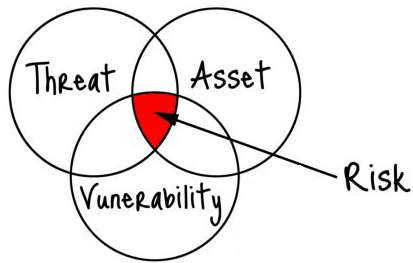Is Your Head in the Cyber Security Sand?
“We started as a relatively small company. Through success and internal growth along with some acquisitions, we are now a medium- sized company using the same policies and processes as when we first started.”
Does this sound familiar?
If so, take solace in knowing that you are not alone, but things have to change. For many companies, growth has outpaced their policies and processes, which can be a risky situation, especially in cyber security.
In information security, due care means “acting responsibly and doing the right things.” While information security is a very complex field, there are certain basic building blocks that must be in place for every company.
Ask yourself:
Do you know your company’s most important assets, where they are located, and how they are protected?
Do your employees understand their role in information security?
Do you understand the major vulnerabilities within your company?
Do you know the major threats and threat agents to your company / industry?
Do you know how your company would respond in the event of a cyber attack?
When the topic of cyber security comes up, most people think about firewalls, intrusion protection/detection systems, and other technical solutions. While these are inevitably part of the solution space, if you are hesitant or unsure of the answers to any of the questions listed above, you could be negligent in providing “due care” for your company.
You probably understand the things that need to be done to make your company secure from an information perspective. Nevertheless, not taking action—even by doing something as small as raising the issue with your leadership—can be construed as not “acting responsibly.” Knowing what to do and actually doing it are two completely different things. There will always be the “hot,” critical project that needs …
[ Read More ]




